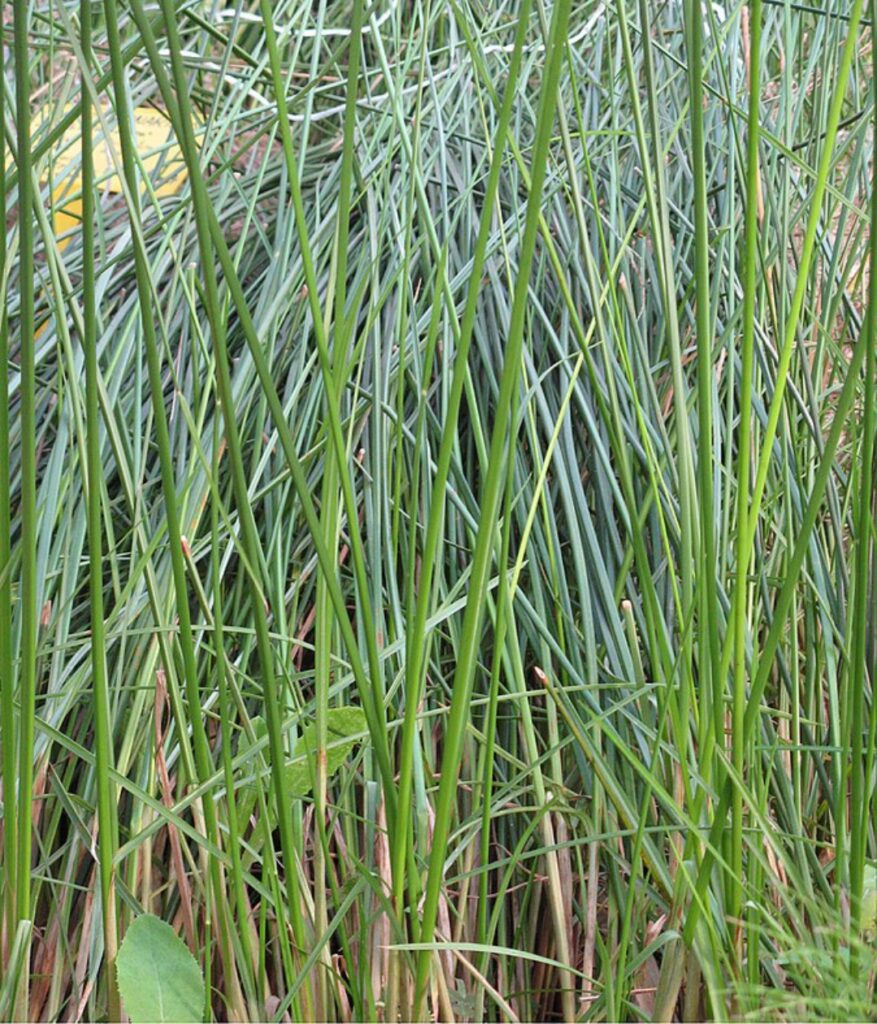
Pau Pámies Grácia, CC BY-SA 4.0
Senegal
Gowe
Cyperus articulatus

Pau Pámies Grácia, CC BY-SA 4.0
General Description / Cultural Significance
Gowe (Cyperus articulates) is a small indigenous perennial aromatic herb, as a species of sedge, the grass grows wild and to about 4 feet in Senegal’s marshlands. The root system is well developed and anchors the plant in wet soil and spreads via this rhizome. This beautifully aromatic rhizome is utilized as incense and is foraged by women for everyday use. Mothers teach their daughters about this root that smells like a finished perfume and is also used to perfume water and clothes. It has been utilized for centuries and remains of the root have been found in archaeological sites indicating its use by Ancient Empires. Senegalese men like it very much and it is believed to be an aphrodisiac.
Gowe is commonly used as a medical herb to treat a variety of health issues and diseases, including headaches, migraines, nausea, stomach problems, epilepsy and hypertension. Its sleep-inducing quality makes it a desired therapeutic in traditional medicine.
Climate Change / Conservation Status
Senegal is located in West Africa which is one of the most vulnerable regions to the dangerous impacts of climate change. Though Senegal is one of the more developed countries in West Africa, it is still a nation in poverty according to the World Bank. As sea levels continuously rise in the coastal country, the marshlands that grow the gowe find themselves in troubling times. Not only does the rising sea levels bring dangerous saline levels to the soil that affect many other plants, but it also creates a new issue: housing developments. With more and more livable land becoming uninhabitable, Senegalese people are forced to build new homes over what would be good habitats for C. articulatus to grow. Though climate change is negatively affecting the land and the people of Senegal, they are refusing to give up. Many coastal communities have stuck together and built dams to fight possible flooding and the Senegalese government is looking toward innovative ways of mitigation.
Alternate Names
Jointed Flatsedge
Priprioca
Guinea rush
Adrue
Sources
(n.d.). A vanishing coast and the search for solutions in Senegal. Aljazeera. https://www.aljazeera.com/features/2023/3/23/a-vanishing-coast-deserted-fields-and-the-search-for-solutions-senegal
Nogueira, M. L., X. Adrião, A. A., Fontes, S. S., Silva, V. R., Santos, S., P. Soares, M. B., Dias, R. B., Gurgel Rocha, C. A., Costa, E. V., Vannier-Santos, M. A., D. Cardozo, N. M., F. Koolen, H. H., & Bezerra, D. P. (2020). Cyperus articulatus L. (Cyperaceae) Rhizome Essential Oil Causes Cell Cycle Arrest in the G2/M Phase and Cell Death in HepG2 Cells and Inhibits the Development of Tumors in a Xenograft Model. Molecules, 25(11). https://doi.org/10.3390/molecules25112687
Original statement can be found on the Original World Sensorium Website.
Rakotonirina, V. S., Bum, E. N., Rakotonirina, A., & Bopelet, M. (2001). Sedative properties of the decoction of the rhizome of Cyperus articulatus. Fitoterapia. https://doi.org/https://www.sciencedirect.com/science/article/abs/pii/S0367326X00002434#:~:text=https%3A//doi.org/10.1016/S0367%2D326X(00)00243%2D4

